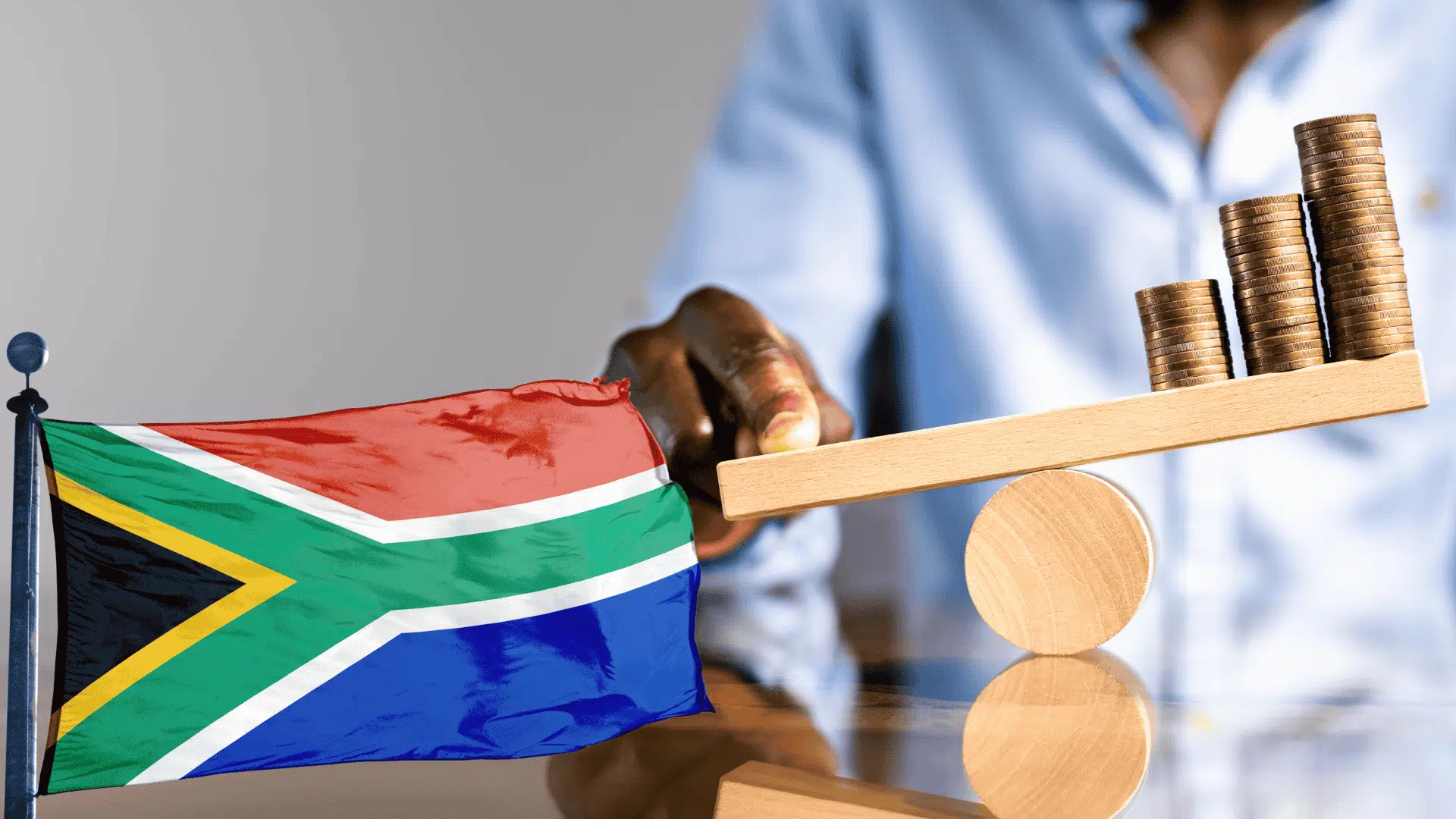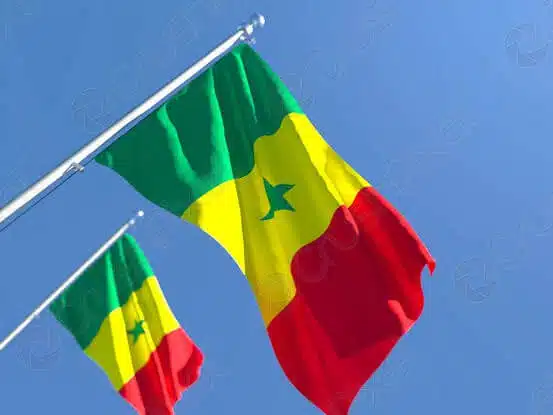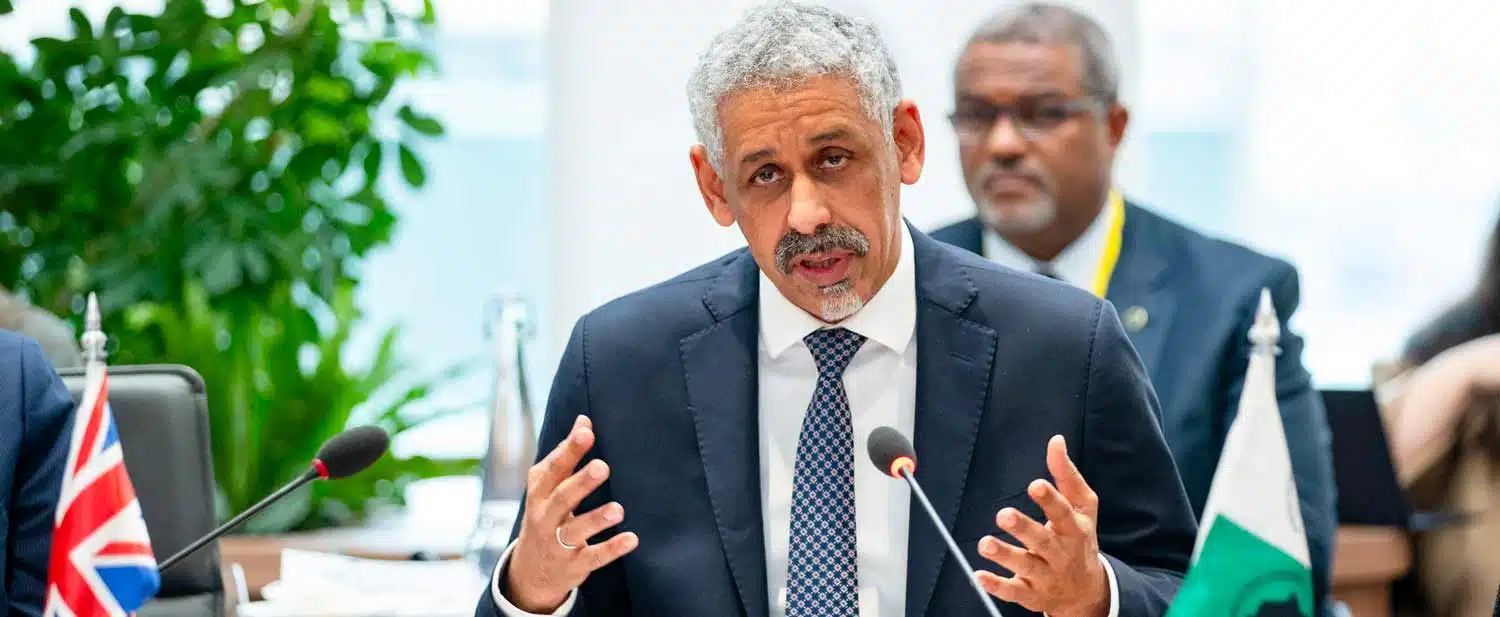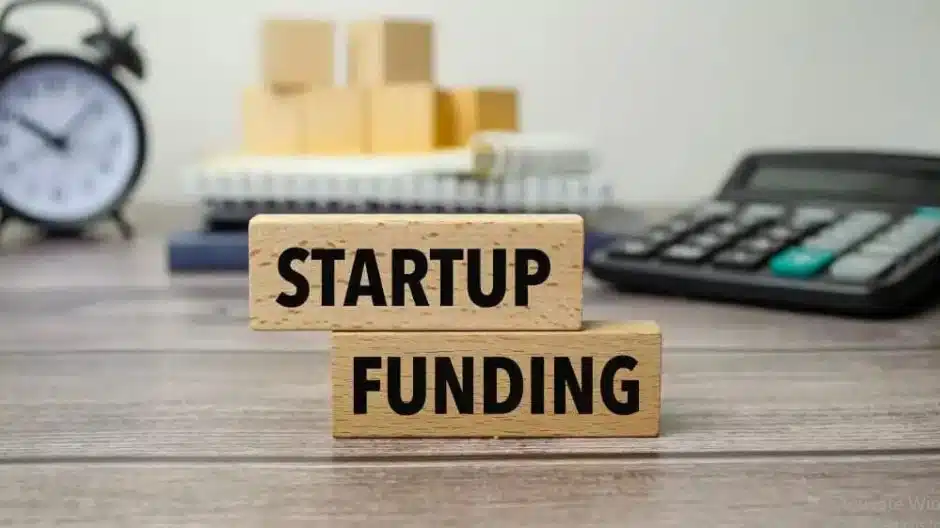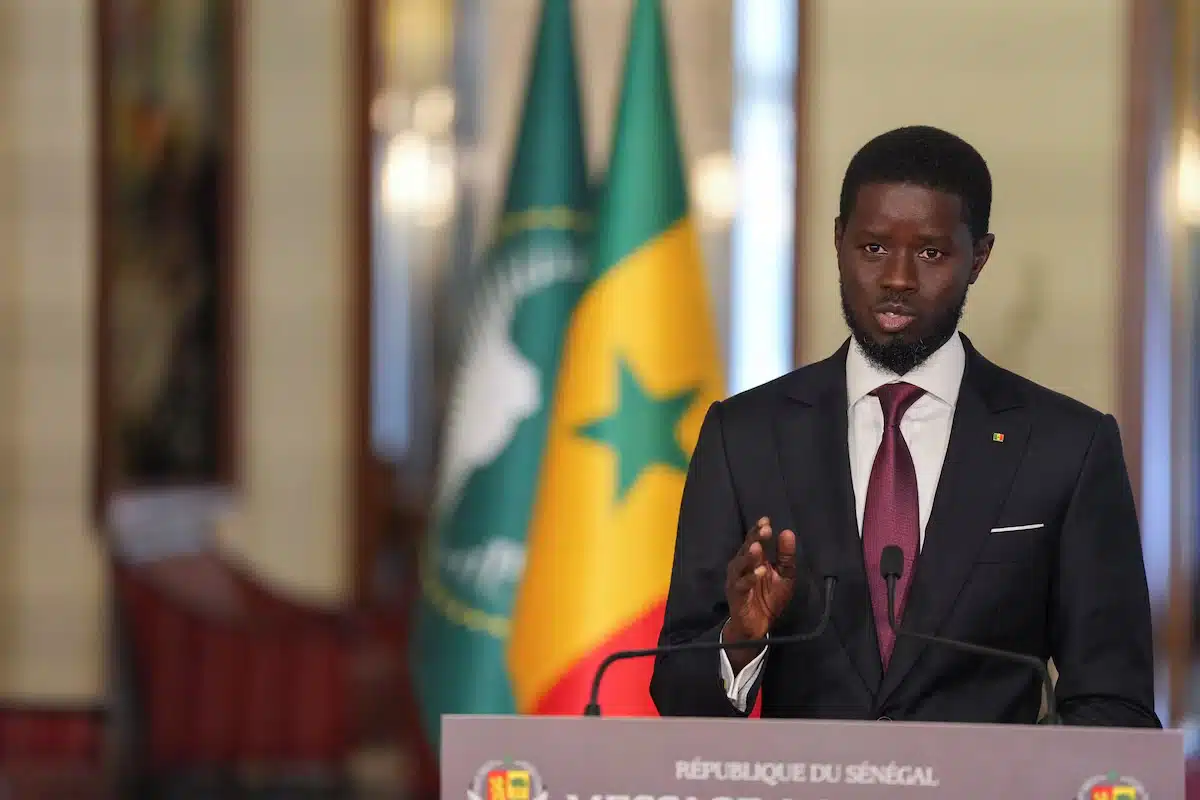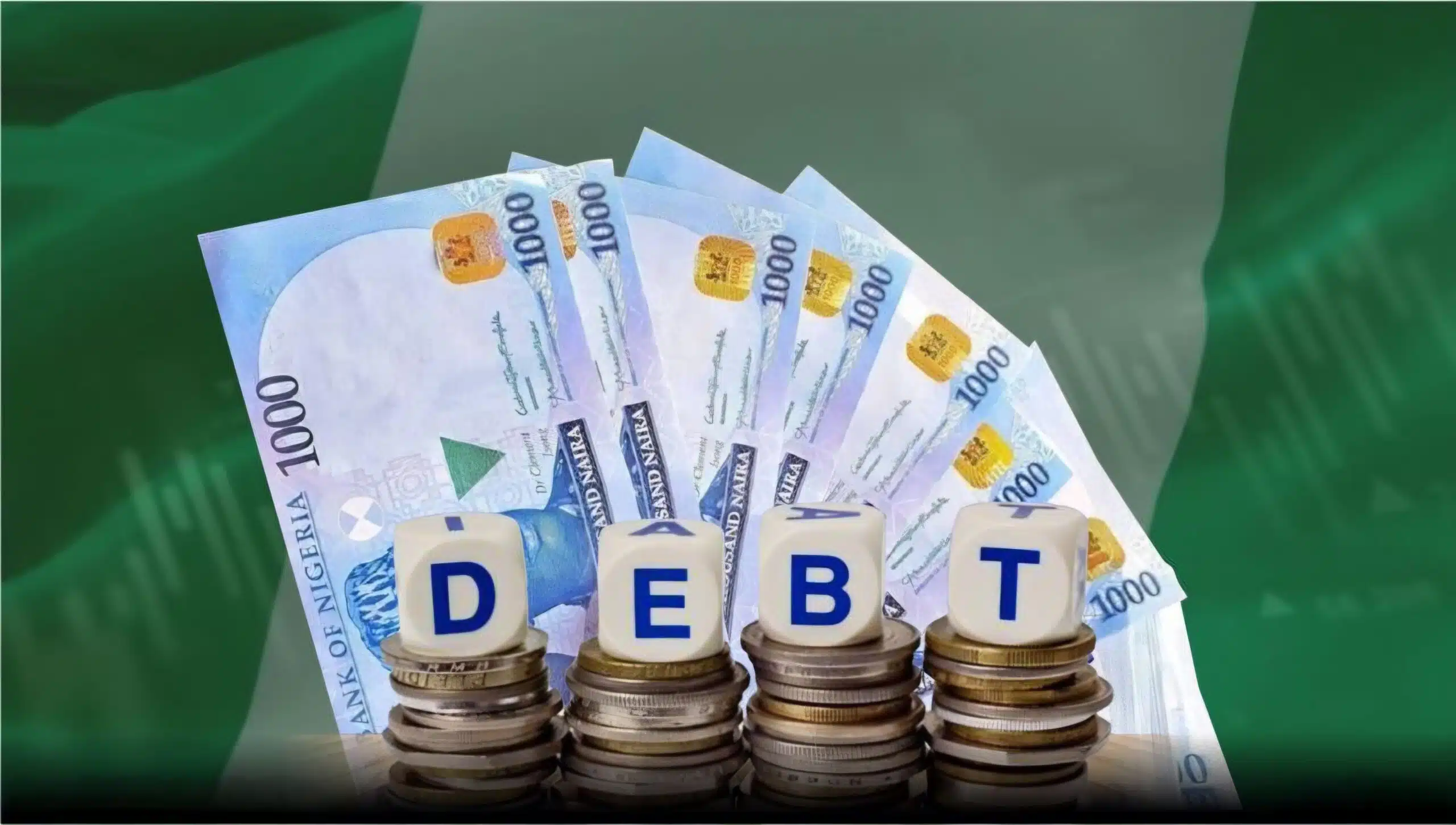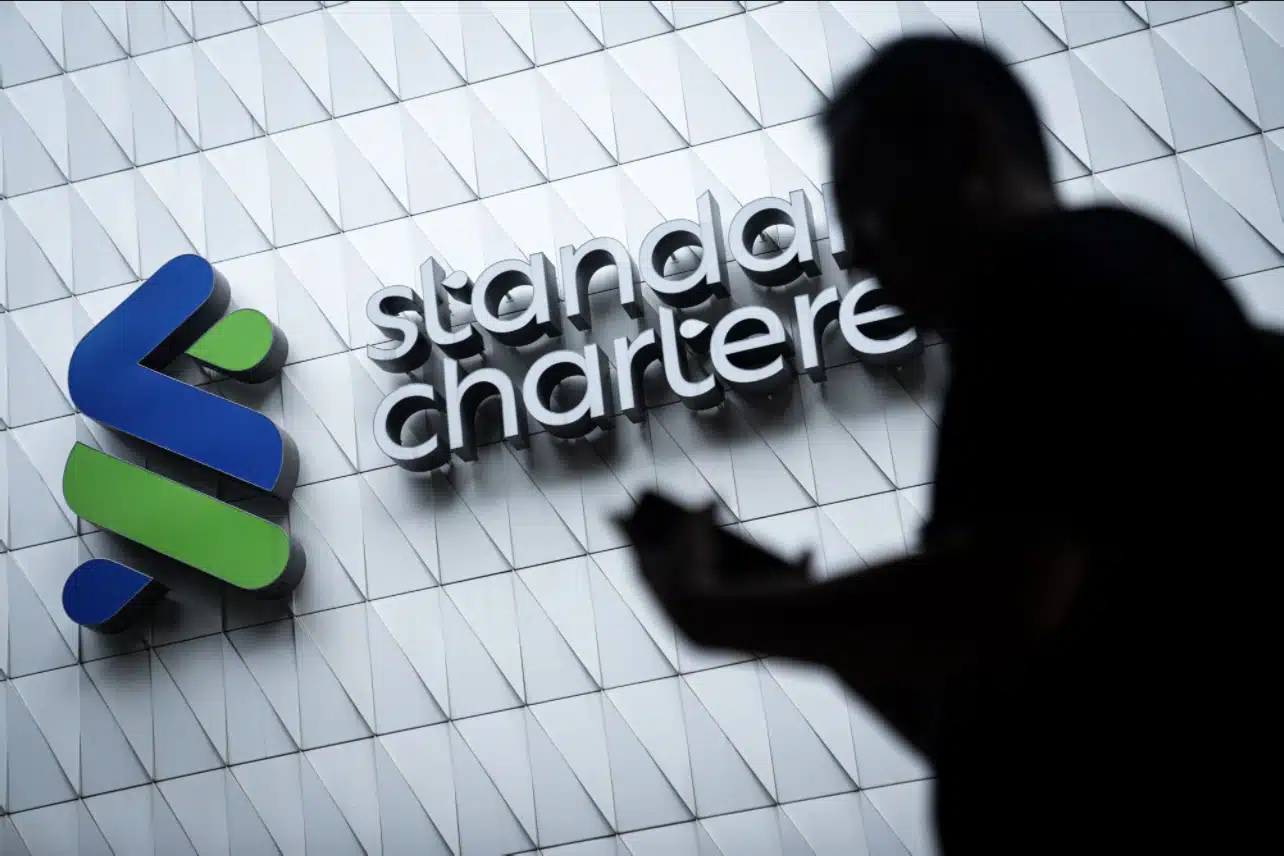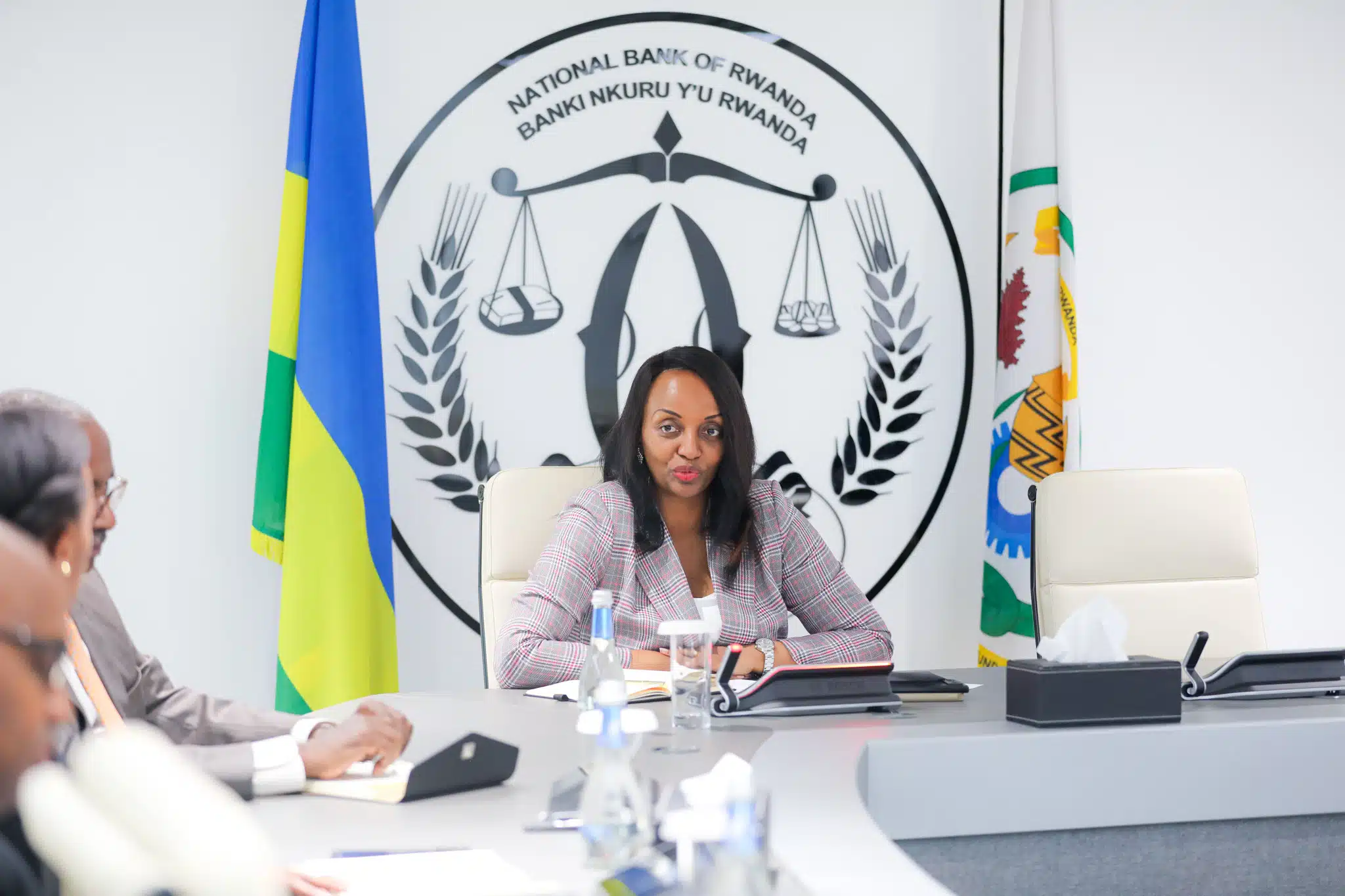Private equity investments in South Africa surged by 66% in the first half of 2025 as higher commodity prices and global market volatility spurred investors’ appetite for Africa’s most industrialised economy, DealMakers Africa said in a new report released Monday.
The South African-based corporate finance tracker noted that the country recorded 164 deals worth R418.3 billion ($22.8 billion) between January and June, compared with 144 transactions valued at R252.5 billion ($13.4 billion) in the same period last year.
This year’s tally also represents a 63.2% increase from H1 2023, when 152 deals worth R256.2 billion ($14.1 billion) were concluded. Of the 164 transactions in H1 2025, local investors accounted for 138 deals valued at R275 billion ($14.9 billion), while 26 foreign-led deals were worth R143.2 billion ($7.8 billion).
“Global uncertainty and local budget-related wrangles still weigh on confidence and demand in South Africa,” said Marylou Greig, editor at DealMakers Africa. “Yet, higher commodity prices and market volatility created opportunities.”
Real estate led activity, making up 37% of completed deals, followed by resources (13%), technology (7%), and industrial and manufacturing (7%)—a pattern broadly consistent with last year.
Among the standout transactions were Gold Fields’ R43.7 billion ($3.7 billion) acquisition of Gold Road Resources and Primary Health Properties’ £1.79 billion ($3.3 billion) purchase of Assura.
Excluding foreign firms with secondary listings in Johannesburg, deal value in H1 more than doubled to R228.5 billion ($12.5 billion). SA-domiciled, exchange-listed companies were involved in 31 cross-border transactions, with Africa, Australia, and Europe the most active destinations.
Despite the surge, companies remain cautious, preferring to hold cash or return it to shareholders rather than commit to new growth projects. Share buybacks and special distributions dominated General Corporate Finance (GCF) activity.
Repurchases alone accounted for 50% of GCF transactions and value at R227.5 billion ($12.4 billion) in H1 2025, compared with just 10% of activity and 2% of value in 2010. Including special and capital reduction distributions, companies returned R258 billion ($14.1 billion) to shareholders in the period.
Looking ahead, analysts warn that President Donald Trump’s revived tariff regime could dampen investment momentum in the second half. On July 31, South Africa was hit hardest, facing a sweeping 30% tariff along with a separate 25% duty on automotive exports to the US—one of its key trade categories.
The South African Reserve Bank and leading industry groups had earlier warned that the full tariff regime, which effect on August 7, could threaten hundreds of thousands of jobs, worsening the country’s already severe unemployment crisis—one of the highest in the world.
Note: Figures were originally reported in South African Rand and converted using the official average exchange rates of ZAR0.05452/$1 in H1 2025, ZAR0.05341/$1 in H1 2024, and ZAR0.05502/$1 in H1 2023.

